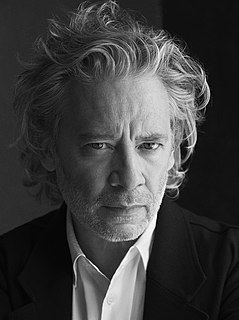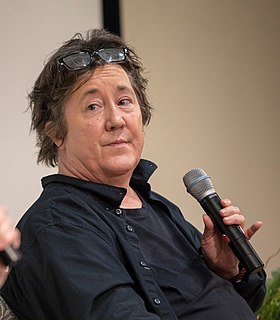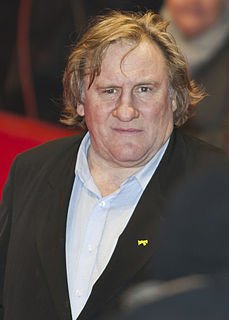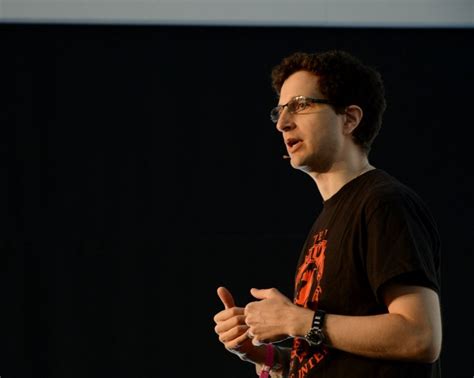A Quote by John Schneider
A financial shift happened with 'Facing the Giants' and 'Fireproof,' where movies that were faith-based films were profitable. And people in Hollywood - like people in downtown U.S.A. - are out to make money.
Related Quotes
Segregation was ugly but we made something good out of something ugly. Since we were not welcome in other places run by White people, we were forced by circumstances to let our dollars circulate in our own communities. When you were young and I was young, there was a plethora of Black businesses. But when White folks said, "yes, come and spend your money with us," we ran downtown when we could only pass through downtown. Now downtown has our money.
I could never be Charlie Chaplin. But the films that were made by people like him, or Gene Wilder, or John Candy, the people that inspired me so much were the people that were able to combine humor with heartbreak so beautifully and fluidly. Those films I think were what inspired me to want to come to L.A. and audition for movies.
Richard Donner made great movies. Seminal movies. The Academy, though, and we have to be careful here, should recognize popular films. Popular films are what make it all work. There was a time when popular movies were commercial movies, and they were good movies, and they had to be good movies. There was no segregation between good independent films and popular movies.
We were film geeks. We devoured everything: really obscure art films, foreign films. We were the kind of guys that lived at the Cinematheque. But at the end of the day, your favorite movies are like everybody else's favorite movies. Because those are the movies that become a touch point where you can connect to other people.
I don't know if any of you feel this way, but it's like eventually, you see a woman come on screen and you go, "Oh, thank God!" You just sort of need a break from all this testosterone, which happened, I think, in one of my films, The Hurt Locker. I was in it for like five minutes, and people were like, "You were in that movie!" And I was like, "Well, kind of." And they were like, "No, you were!" 'Cause they needed a woman!
You can look at what's happened to America in the last years and say a lot of people were asleep. A lot of people were not staying awake and watching what was going on and facing the pain of that and dealing with it.I don't care if the rest of the audience doesn't think along those lines at all, because the audience is a huge spectrum of people, from people who are introspective to people who just want to be scared and have fun, and all the points in between.




































